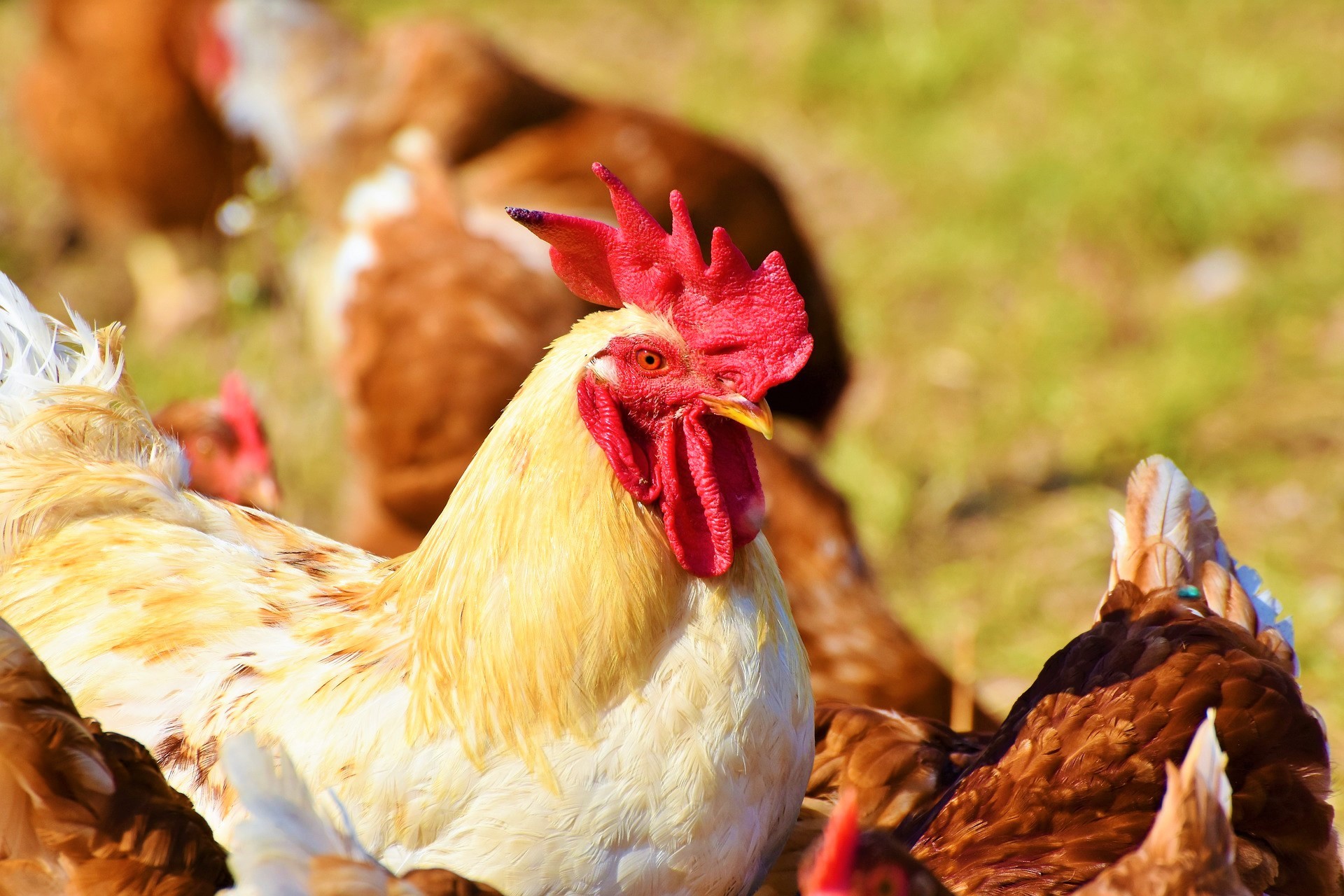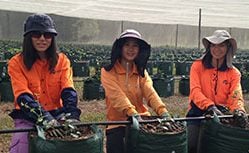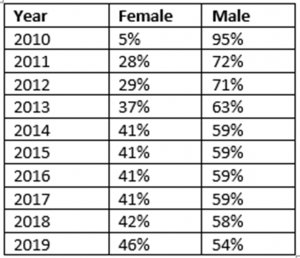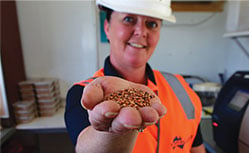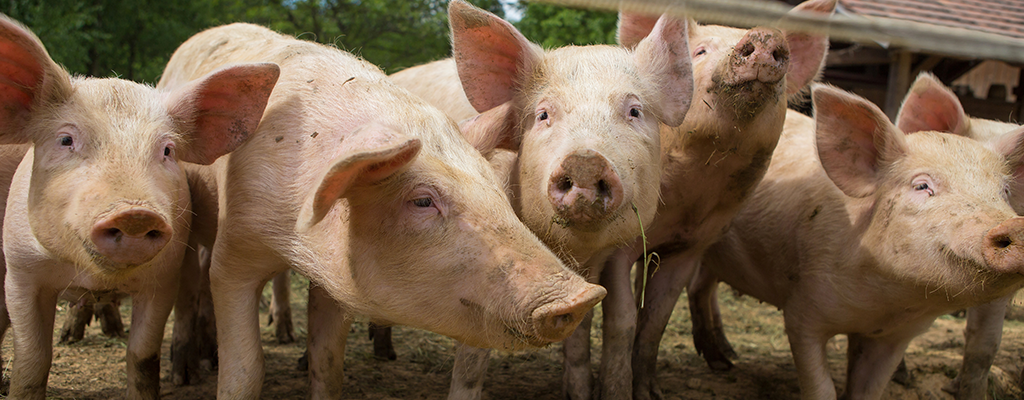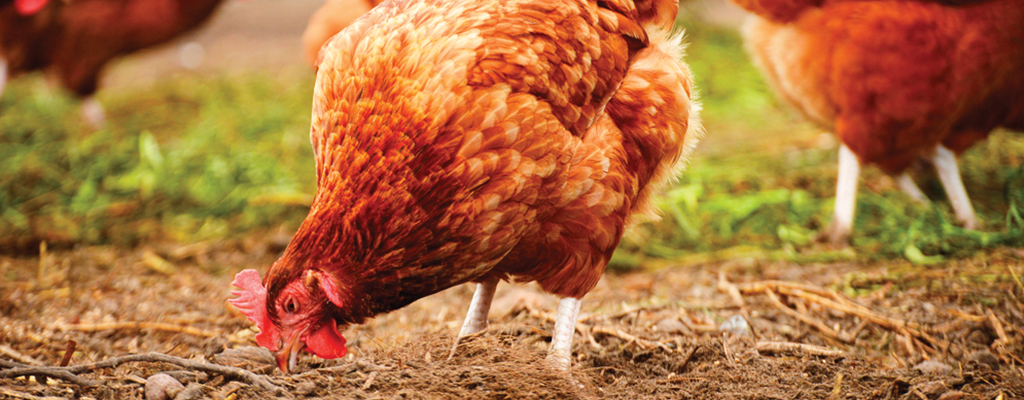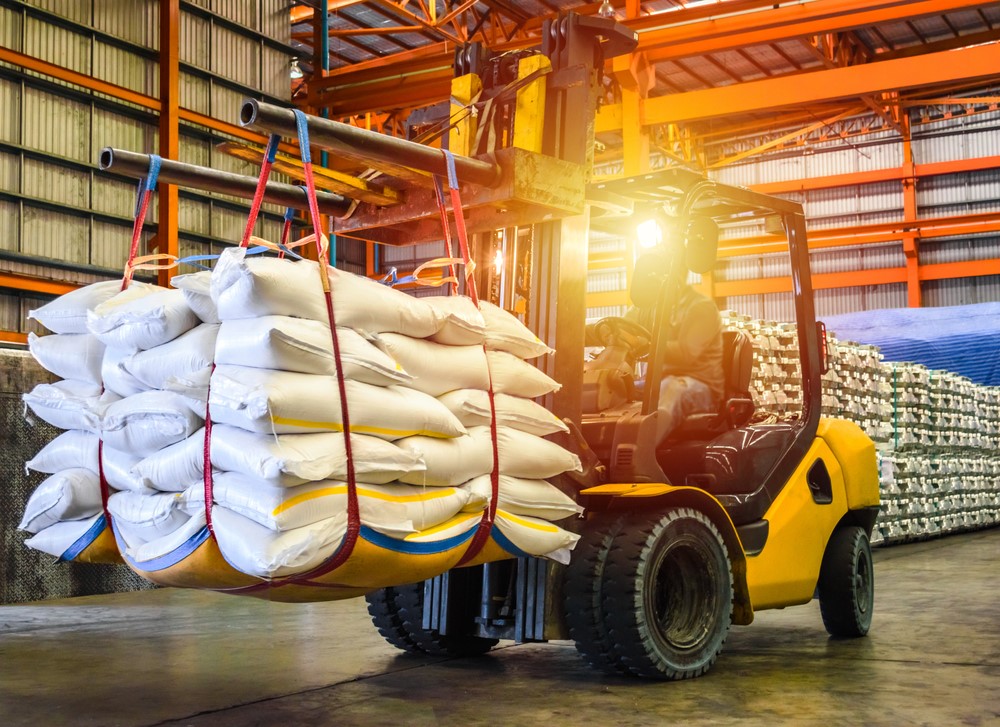Spring has arrived in Australia and in the more northern areas of the country, so has a distinct change in season. Noticeably warmer days with the sun allowing for earlier starts and later finishes, Spring is the season that marks an abundance of growth and activity across the Australian agriculture sector.
While the absence of spring rain and ongoing drought has most certainly made things challenging for many primary producers, the demand for workers remains high and the team at Agri Labour Australia have been busily recruiting a range of skilled staff for our many agriculture clients.
From machine operators for the much anticipated North Queensland mango season and forklift drivers servicing the Australian grain harvest in NSW, down to citrus workers in Victoria and vegetable pickers in Tasmania – farms all over the country are hugely active at this time of the year.
Spring also sees the arrival of many overseas backpackers looking for work – it’s a great time of year to start building skills for the harvest trail or other farm work while travelling and enjoying the diversity of this amazing country.
With over 300,000 people employed within the Australian agriculture industry, it is one of the largest industries in the country and provides a countless opportunities for those seeking to find work within the field.
Casey Brown, Managing Director, Agri Labour Australia says, ‘Australia’s has over 394 million hectares of farmland located in vastly differing geographies and climate. This in itself allows for diversity of produce all over the country and delivers a constant demand for agriculture workers across all states and territories at any given time of the year, most especially in spring and summer.’
Whether it’s horticulture, livestock, poultry or one of the many other industry areas within agriculture, Spring is an exciting time for agribusiness and paves the way for the bumper summer produce that is just around the corner.



